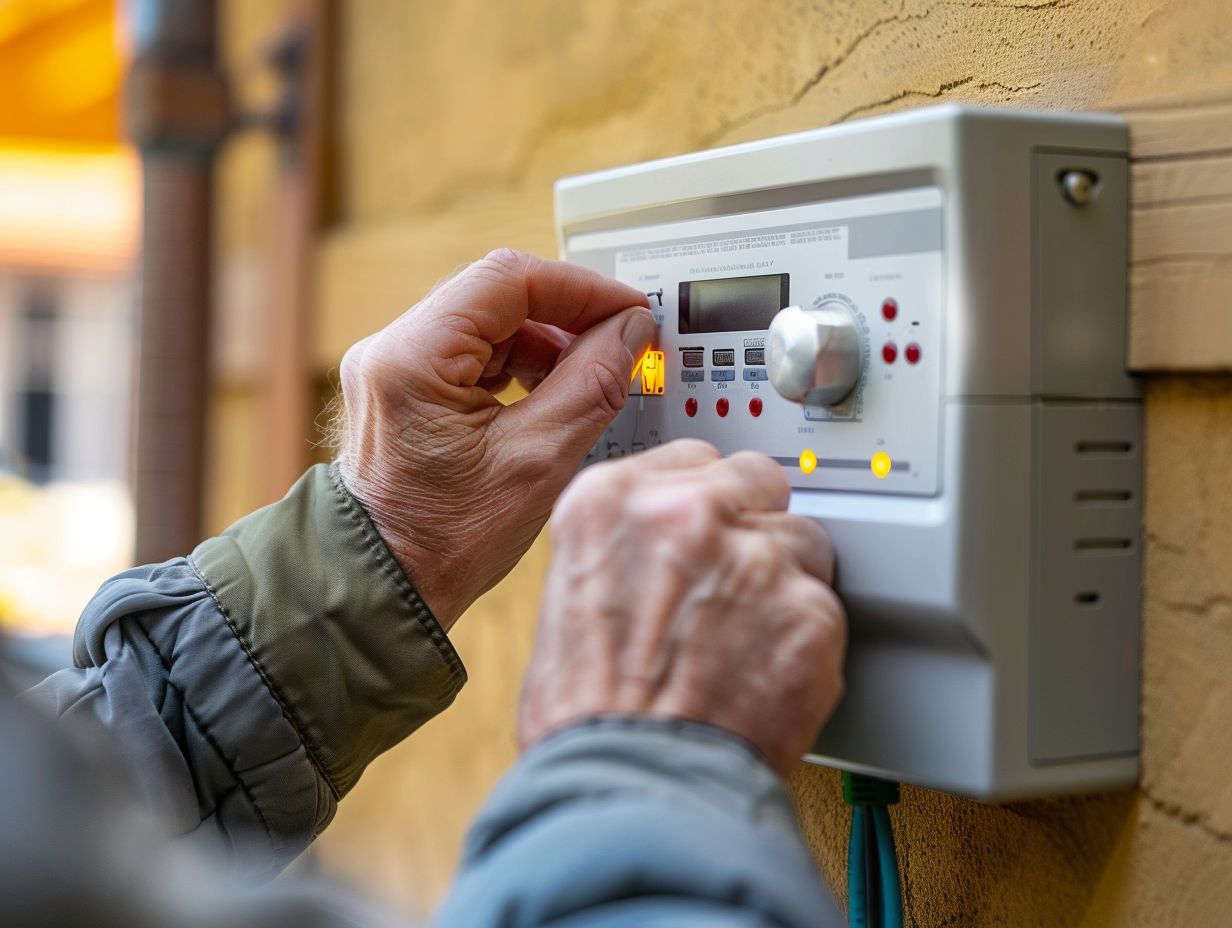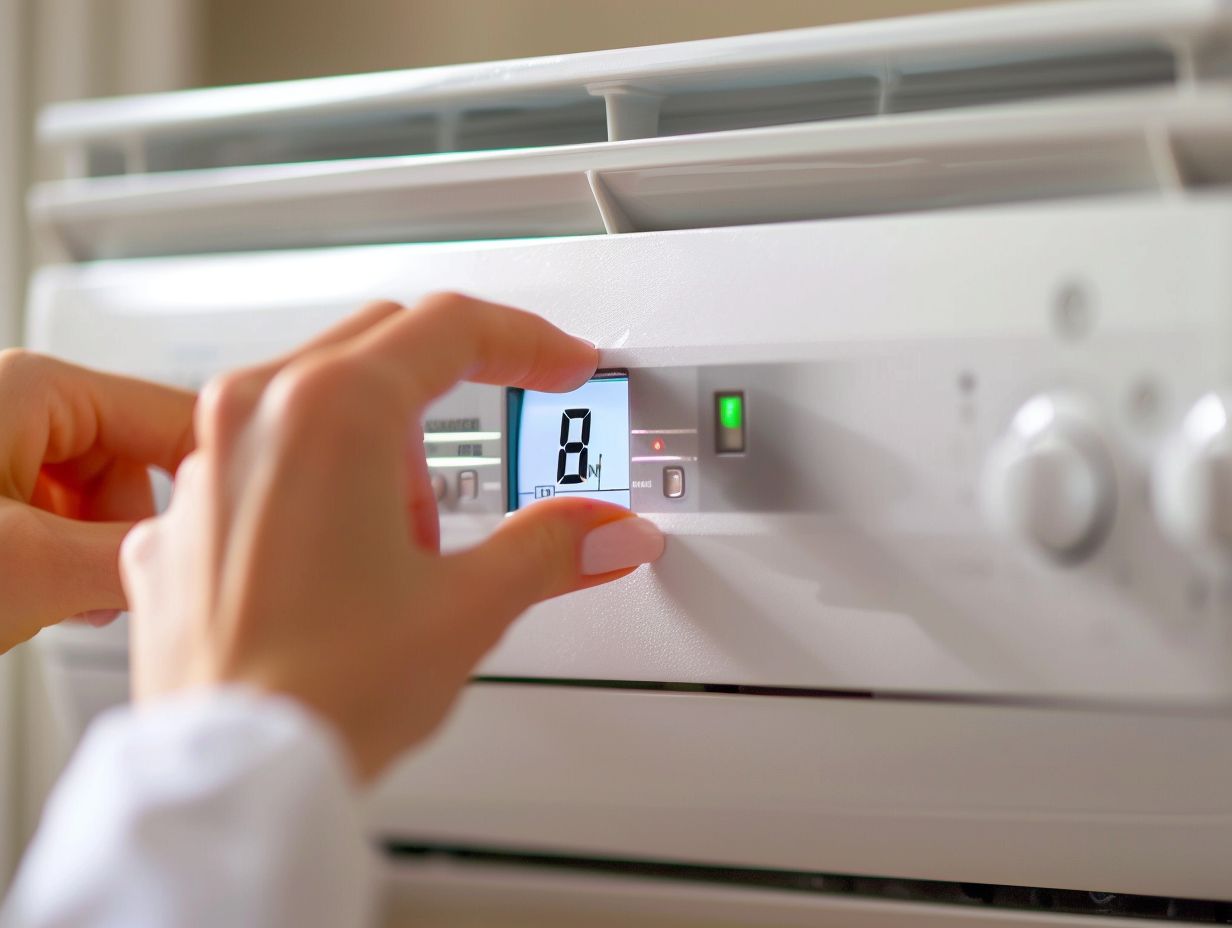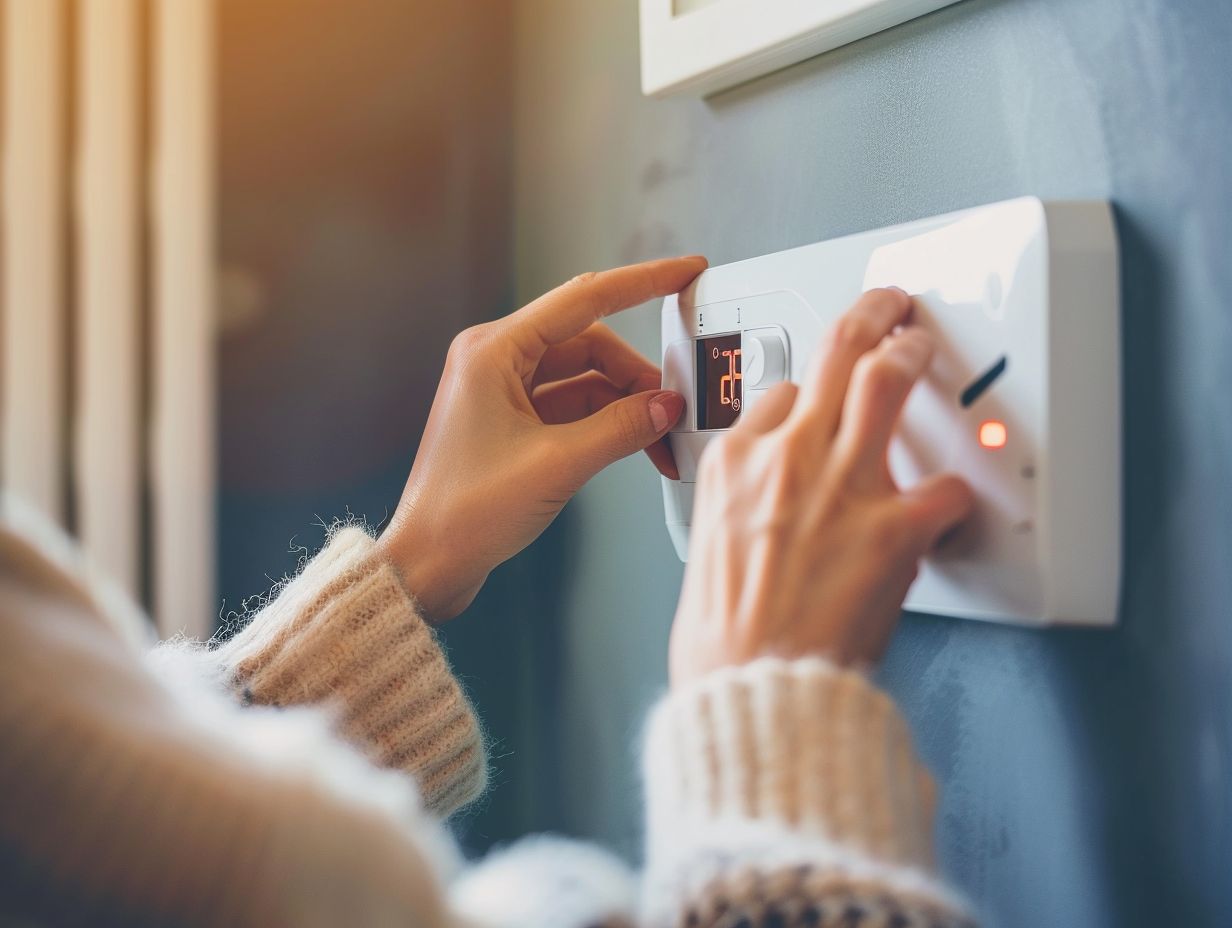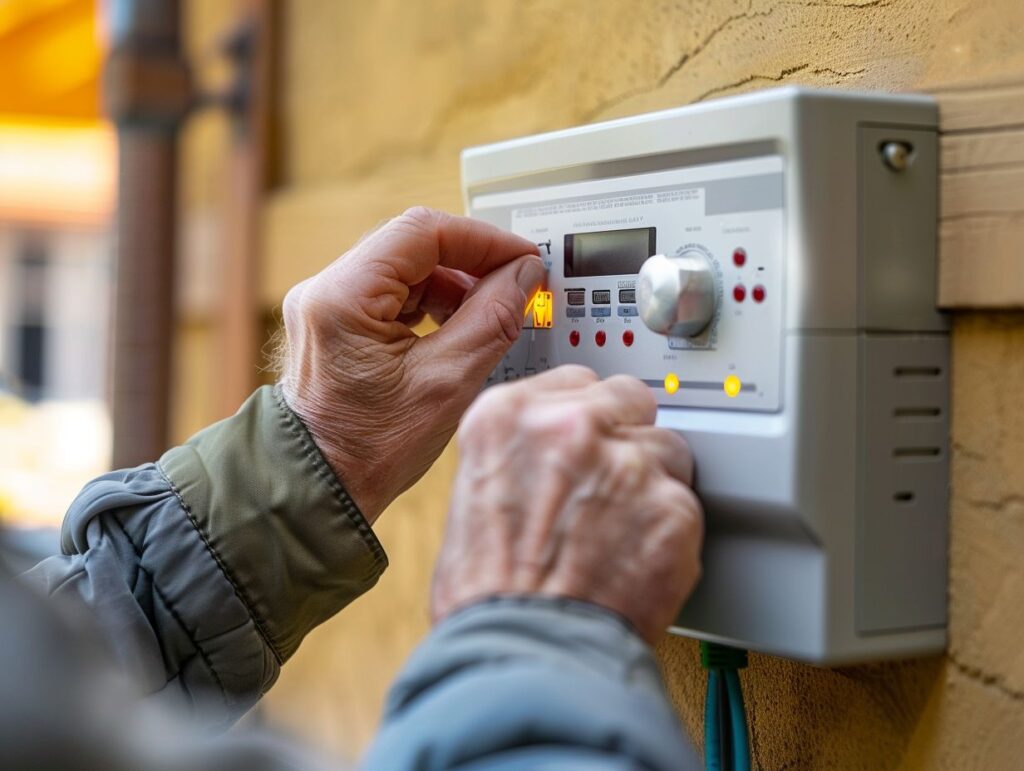Interested in learning about electric heating and how it affects energy bills? This article will delve into the different types of electric heating systems, highlighting their advantages in terms of energy efficiency and cost-effectiveness, while also addressing potential drawbacks like environmental impact.
Factors influencing energy bills will be explored, along with recommendations on how to reduce costs using electric heating. Additionally, alternative heating methods will be evaluated to assist you in making an informed choice for cost savings. Stay tuned for insightful comparisons and valuable information!
Key Takeaways:

- Electric heating systems offer energy efficiency and cost savings, making them a viable option for lowering energy bills.
- Despite its benefits, electric heating may have potential drawbacks such as its impact on the environment.
- Factors like proper insulation and regular maintenance can contribute to lowering energy bills when using electric heating.
Factors Affecting Energy Bills
Several factors can influence energy bills related to electric heating for you. These include the tariff structure, heat retention capabilities of your heating system, and the effectiveness of your programmer in managing heating schedules.
Understanding how these factors interplay is crucial for homeowners like you who are looking to optimise their energy costs. Tariff structures, such as time-of-use pricing, can have a significant impact on your electricity expenses based on peak and off-peak rates.
High heat retention in your heating system ensures that the warmth generated is maintained longer, reducing the need for frequent heating cycles. A programmable thermostat allows you to set temperatures according to your schedule, avoiding unnecessary heating when the space is unoccupied.
Other Factors to Consider
When evaluating electric heating systems, it is essential to consider factors beyond direct energy consumption. These factors include Energy Price Guarantee schemes, Ofgem regulations, and the significance of Energy Performance Certificates for assessing efficiency.
Energy Price Guarantee programmes play a crucial role in providing consumers with assurance and stability in their energy costs, protecting them from unexpected price fluctuations.
Ofgem, as the regulatory authority in the UK, establishes standards and guidelines to ensure fairness in the energy sector, thereby promoting transparency and safeguarding customer interests.
Energy Performance Certificates offer valuable insights into the efficiency levels of a property, enabling homeowners to make informed decisions about their heating systems based on energy performance ratings.
Ways to Lower Energy Bills with Electric Heating
Lowering your energy bills with electric heating requires strategic approaches involving temperature management, optimising controls, and implementing energy-saving practices to enhance efficiency and reduce overall costs.
One effective way for you to reduce energy consumption and lower costs is by programming your thermostat to adjust temperatures based on your daily routine.
Setting the thermostat to lower the temperature when you are not at home or during sleeping hours can lead to significant savings. Utilising programmable thermostats that allow for personalised schedules can ensure that your heating system runs efficiently.
Regular maintenance of your heating system, such as cleaning or replacing filters, can also improve its performance and reduce energy usage. By being mindful of these strategies, you can actively work towards decreasing your electric heating expenses.
Tips and Strategies for Energy Savings

To achieve energy savings with electric heating, you should focus on maintaining optimal room temperatures in line with the guidelines provided by the World Health Organization. Utilising energy-efficient products listed in databases such as BRE’s Product Characteristics Database is also crucial.
The recommended temperature range for comfort and efficiency according to these guidelines is around 18-21 degrees Celsius. By avoiding significant fluctuations in temperature and prioritising insulation, you can effectively reduce both energy consumption and costs.
Utilising databases like BRE’s allows you to choose heaters and appliances with high energy-efficiency ratings, ultimately leading to cost savings over time. Additionally, regular servicing of your heating system and ensuring proper ventilation can further enhance its efficiency and extend its lifespan.
Alternative Heating Options for Cost Savings
Exploring alternative heating options beyond electric systems can provide you with cost-saving benefits. Radiators and tools like Nesta’s Money Saving Boiler Challenge tool can offer you insights into efficient heating solutions that may be suitable for your individual preferences and budgets.
Radiators, for example, provide a reliable and customisable way for you to heat spaces effectively, giving you control over the temperature and distribution of heat.
On the other hand, interactive tools like Nesta’s Challenge provide you with a dynamic platform to assess your current heating setup and explore potential cost-efficient upgrades.
These options not only help in reducing energy costs but also promote sustainability by encouraging smarter energy consumption practices.
Whether you are in a residential home or a commercial building, considering these alternative heating methods can lead to long-term savings and increased comfort for you.
Comparing Different Heating Methods
When comparing various heating methods, factors like insulation quality and the performance of innovative products such as the Dimplex Saletto low profile panel heater play critical roles in determining the most suitable heating solution for your specific needs.
Insulation is a key aspect to consider when evaluating heating options as it aids in retaining heat within a space, resulting in enhanced energy efficiency and cost savings.
The Dimplex Saletto panel heater, renowned for its sleek design and advanced functionality, provides efficient heating while maintaining a discreet profile.
By incorporating advanced features such as programmable settings and temperature control, products like the Saletto enhance user comfort and provide greater control over the heating environment.
Frequently Asked Questions
Can Electric Heating Lower Energy Bills?
Yes, electric heating can lower energy bills when used correctly and efficiently.
How does electric heating lower energy bills?

Electric heating uses electricity to generate heat, which is typically more cost-effective than other forms of heating, such as gas or oil. Additionally, electric heating systems can be controlled with precision, allowing users to adjust the temperature and usage to save energy and lower bills.
Are all electric heating systems energy-efficient?
No, not all electric heating systems are energy-efficient. It is important to research and select a system that is designed to be energy-efficient and has a high energy efficiency rating.
What are some tips for maximising energy savings with electric heating?
Some tips for maximising energy savings with electric heating include: setting the thermostat to a lower temperature when no one is home or at night, properly insulating the home, regularly maintaining and cleaning the heating system, and using a programmable thermostat to schedule heating according to your needs.
Can using electric heating actually increase energy bills?
In some cases, using electric heating can increase energy bills if the system is not properly maintained and used inefficiently. For example, leaving the heat on at a high temperature all day, even when no one is home, can lead to higher energy bills. It is important to use electric heating efficiently and effectively to see energy savings.
Is electric heating a good option for all homes?
Electric heating can be a good option for many homes, but it is not the best choice for all. Factors such as climate, energy costs, and home insulation should be considered when deciding on the best heating option for your home. Consulting with a professional can help determine if electric heating is a good choice for your specific needs and home.

